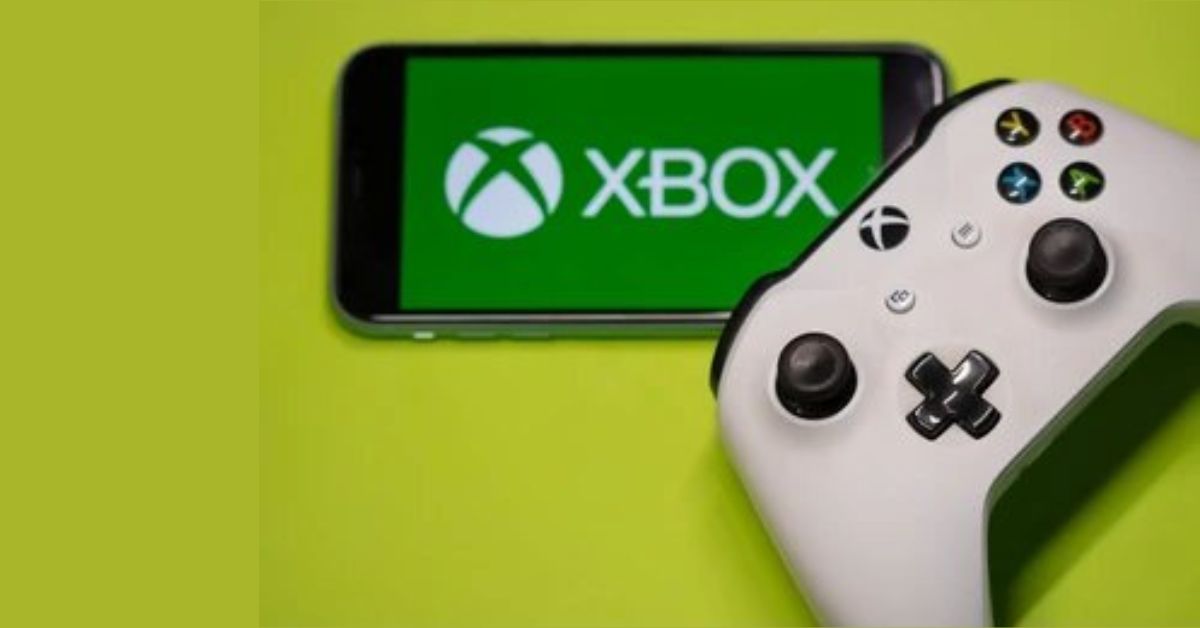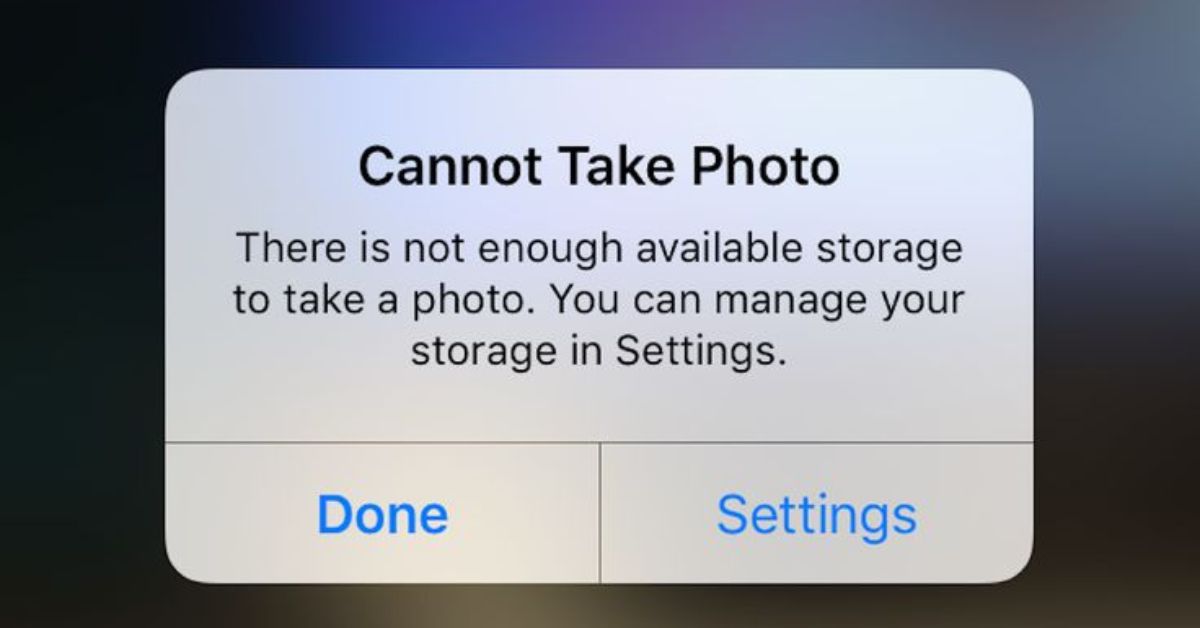Microsoft’s Xbox Game Pass has achieved a remarkable milestone, generating nearly $5 billion in revenue for the first time in the fiscal year ending June 30, 2025, according to the company’s Q4 and full-year earnings report. During the earnings call, CEO Satya Nadella highlighted this record-breaking figure but did not disclose specific revenue details or current subscriber numbers. In February 2024, Xbox Game Pass had 34 million subscribers, with an unverified Microsoft employee’s profile suggesting a rise to 35 million by May 2025.
The service’s growth can be attributed to several key factors:
- Major Game Releases: High-profile first-party titles like The Elder Scrolls: Oblivion Remastered, Doom: The Dark Ages, and Indiana Jones and the Great Circle launched in the final quarter, boosting subscriber engagement.
- Price Adjustments: Price hikes implemented in July 2024 likely contributed to the revenue surge, though they sparked some debate among users.
- Content Strength: Microsoft’s focus on day-one game releases and exclusive titles continues to attract and retain subscribers.
Overall, Xbox gaming revenue grew by 10% year-over-year, with content and services, including Game Pass, seeing a 13% increase. However, hardware revenue declined by 22%, reflecting challenges in console sales. Despite the financial success, Microsoft faced criticism for recent layoffs impacting hundreds of workers in its gaming division and the cancellation of projects like Everwild and Perfect Dark. “We are now the top publisher on both Xbox and PlayStation this quarter,” Nadella stated, crediting cross-platform releases like Forza Horizon 5 and Oblivion Remastered. As Xbox Game Pass continues to thrive, Microsoft remains focused on expanding its gaming ecosystem, with Nadella noting nearly 40 games currently in development to sustain momentum.
Author
-

Connor Walsh is a passionate tech analyst with a sharp eye for emerging technologies, AI developments, and gadget innovation. With over a decade of hands-on experience in the tech industry, Connor blends technical knowledge with an engaging writing style to decode the digital world for everyday readers. When he’s not testing the latest apps or reviewing smart devices, he’s exploring the future of tech with bold predictions and honest insights.







